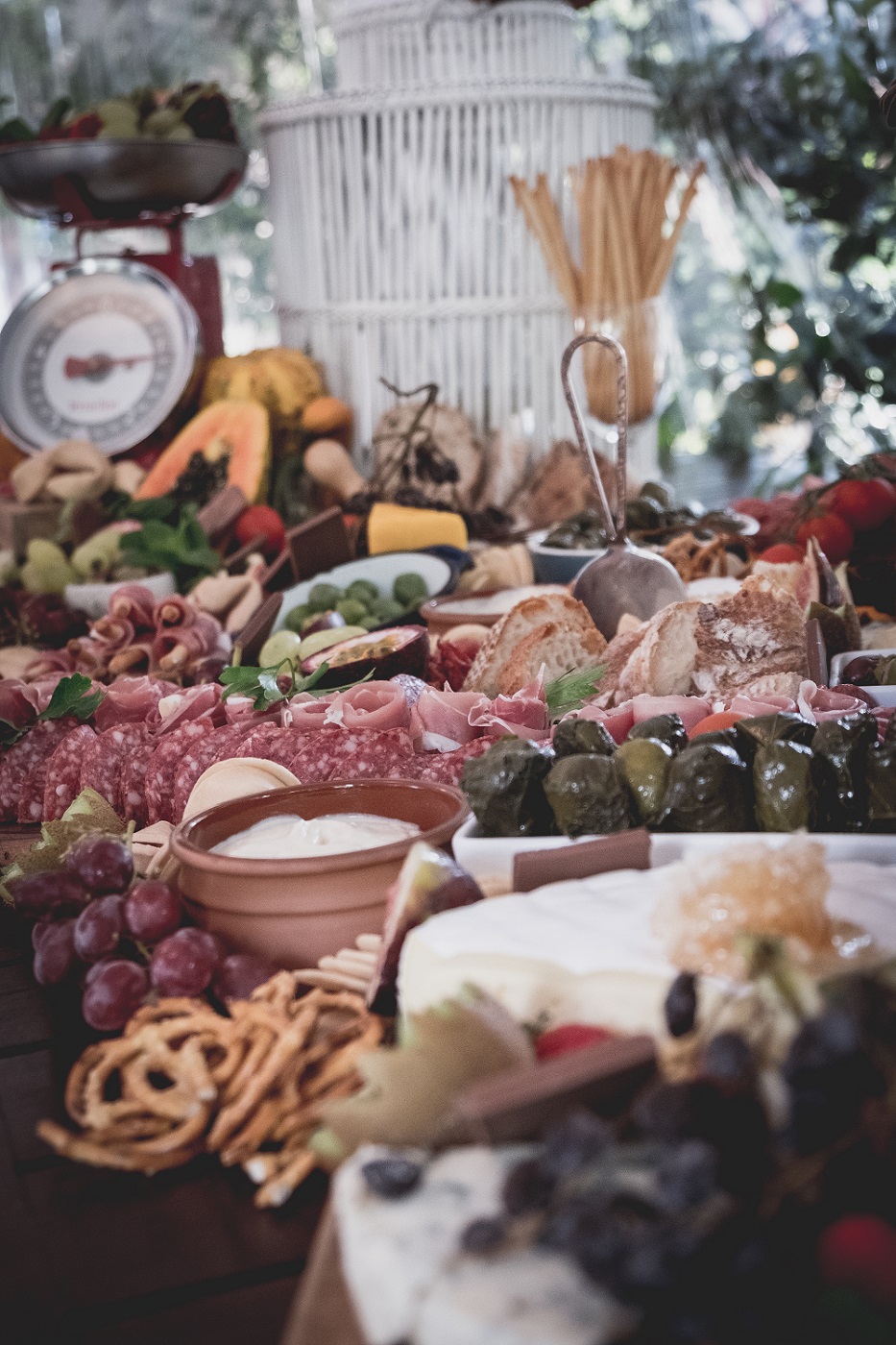Food Preservatives - what you need to know as a healthy midlifer
Food Preservatives - what you need to know as a healthy midlifer
Many processed foods contain food preservatives because it extends their shelf life. If a product has a long shelf life then you can probably assume there are food preservatives in it.
For a midlifer, it’s worth knowing about food preservatives because some can affect gut bacteria which, as discussed before in this blog post, can affect how our hormones are processed. This in turn can have an effect on belly fat.
A food preservative is a substance added to foods to make them last longer; to "preserve" them. Preservatives are added to foods that go bad quickly and have found themselves in all kinds of products in our grocery stores.
Preservatives work to preserve food in a few different ways. Some prevent the growth of bacteria and mould. Others prevent delicate fats from going rancid.
There are so many preservatives out there. While preservatives added to foods should be “approved,” this doesn’t mean they’re guaranteed to be safe for everyone always. And it doesn’t mean that the food is healthy.
Foods with preservatives are more-processed, less-nutritious foods to begin with - not exactly health foods. So, even if you don’t mind preservatives, you probably should cut down on these kinds of foods, anyway.
So, let’s learn more about a few common food preservatives.
Salt
That’s right - salt.
FUN FACT: The term “salary” is from the Latin word for salt. It’s thought that it came from the ancient Romans who would pay employees, allowing them to buy salt. Either that, or it was for their work conquering and/or guarding salt mines/roads. Either way, salt was sought because of its ability to preserve food before the advent of refrigeration.
In today’s day and age, with fridges and freezers in every home and grocery store, and refrigerated trucks, salt is not needed for food preservation as much. But our taste buds still seem to crave it on an epic scale. The average Brit eats about 8g of salt per day, which is over the recommended limit of 6g/day (about a teaspoon). Much of that is because it’s added to so many foods already e.g. bread, soup and snacks. You can download a booklet on how to cut down on salt at the British Heart Foundation website.
According to Harvard Health:
"... reducing dietary salt (table salt that is only sodium, chloride and iodine) will lower blood pressure, reduce the risk of heart attack and stroke, and save lives."
So, salt is one of those all-too-common food preservatives that most of us will do better with less of.
Nitrites (nitrates and nitrosamines)
Nitrites are preservatives added to processed meats. They're not bad in and of themselves, but they do turn into harmful chemicals called nitrosamines. Nitrosamines are carcinogens found in cigarette smoke. Nitrites form nitrosamines when they're cooked at high heat, and sometimes even when exposed to the high acid environment of the stomach.
Nitrites are added to meats to keep the pink-red colour and prevent “browning.” Mostly in bacon, ham, sausages and lunch meats. Since nitrites can change into nitrosamines, nitrites are one-step away from being the “bad guys.”
Another interesting thing is that processed meats have been linked with colon cancer. Because of the nitrites? Perhaps, but either way, nitrosamines are a confirmed health-buster.
Since nitrosamines (from nitrites) are the bad guys and are formed by cooking nitrites at high heat, what are nitrates?
Nitrates are naturally found in many healthy foods like vegetables. They’re especially high in beets. Sometimes our enzymes or gut bacteria change these healthy nitrates into nitrites. However, they rarely form nitrosamines because they’re two-steps away from becoming these “bad guys.”
BHA & BHT
Have you seen on packages “BHA/BHT has been added to the package to help maintain freshness?” Perhaps on cereal packages, cereals or in gum? Guess how these compounds maintain freshness? Because they’re preservatives.
BHA (butylated hydroxyanisole) and BHT (butylated hydroxytoluene) are antioxidants added to many processed foods. The main way BHA and BHT work is by preventing fats from going rancid. Are they safe? Well, they're approved for use as a preservative at small doses. However, some studies show they can cause cancer in animals at high doses. Again, they're added to processed pre-packaged foods, so it's wise to avoid them nonetheless.
How to avoid food preservatives
You’ll need to read the food labels to identify any food preservatives. Some food preservatives are natural, such as salt and sugar, but most are chemicals.
Anything with a long shelf life will probably have food preservatives in it. Some foods with a shorter shelf life might also have chemical food preservatives e.g. washed salad leaves
Be aware that many ‘added vitamins’ are chemical versions.
Processed baked goods tend to have food preservatives plus sugar = belly fat
Don’t choose low fat products as they tend to have preservatives, sugar and additives to taste like the full fat version. We’re not designed to digest artificial ingredients plus it confuses the brain
If you want to avoid them. Eat fresh foods.
Does this information make you want to read all your food ingredient labels now? Let me know in the comments below.
Content Disclaimer
The information contained above is provided for information purposes only. The contents of this blog are not intended to amount to advice and you should not rely on any of the contents of this blog. Professional advice should be obtained before taking or refraining from taking any action as a result of the contents of this blog. Midlife Menu Ltd disclaims all liability and responsibility arising from any reliance placed on any of the contents of this blog.





Overeating during lockdown can be triggered by a rollercoaster of emotions or stress from homeschooling, looking after oldens or just trying to cope with working from home. Cravings, snacking and home baking can make overeating during lockdown very easy. So here's what to do to tackle the lockdown overeating. www.midlifemenu.com/blog/overeating-lockdown